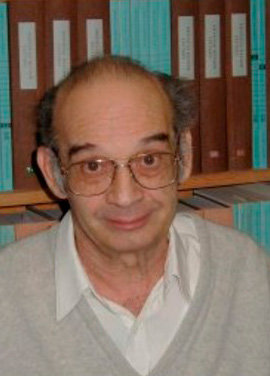Lim Ju Yong, Dillon
[Bsc (Hons) 2024]
My four-year long journey at the National University of Singapore (NUS) has been challenging but fulfilling. Switching from an engineering course to physics right before enrolment was a bold decision, but in hindsight, it might have been the best decision I’ve made in my life. Physics is hard; there’s no sugar coating it. From classical mechanics and electromagnetism in our first semester to a final-year project in quantum computing at the Centre for Quantum Technologies (CQT), the discipline has never failed to provide me with mind-boggling problems and questions to ponder. However, it is through this hardship that we become clearer thinkers, better problem solvers, and more competent scientists. Throughout the past four years, I am immensely grateful for the people I’ve met, the chance to do a semester abroad, and the research opportunities available to me.

Let me begin by sharing about the people. The small batch size made NUS Physics feel very homely. Throughout the many modules, I had numerous opportunities to collaborate with almost everyone from the class of 2024 and gained both academic and life wisdom from many distinguished professors. Exchanging ideas with other proficient thinkers provided me with different perspectives on the same problem, and it is often in these discussions that many ‘Eureka!’ moments happened. Going through difficulties in school together has also gifted me with friends whom I will cherish for a lifetime. I’m especially thankful to Professor Valerio Scarani for mentoring me throughout my education at NUS, whether in the classroom, over a cup of coffee, or on the football pitch.
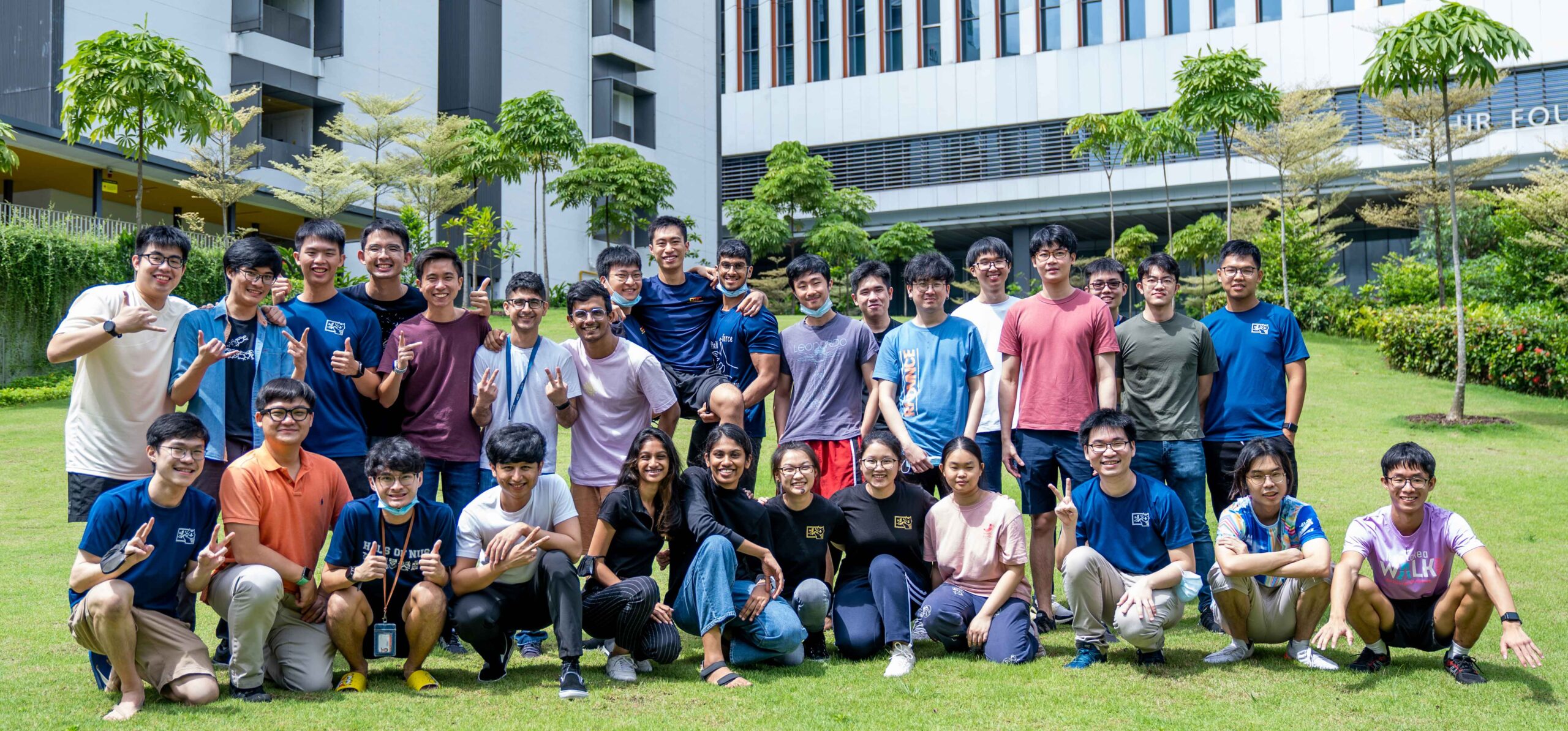
Next, my semester abroad. Studying physics at NUS also allowed me to participate in NUS’ overseas student exchange, which saw me spending a semester abroad at The University of Manchester (UOM) in my third year. Spending six months in a foreign country broadened my horizons and immersed me in a different culture. Apart from travelling and seeing many different parts of Europe, I gained a lot from the United Kingdom’s rich physics culture and learned much from UOM’s physics curriculum. The highlight of my time there was taking a module known as “Quantum Computing”, something not offered at NUS. Learning about the different quantum computing algorithms helped to cement my interest in the field, ultimately leading me to continue down this path for my final-year project.
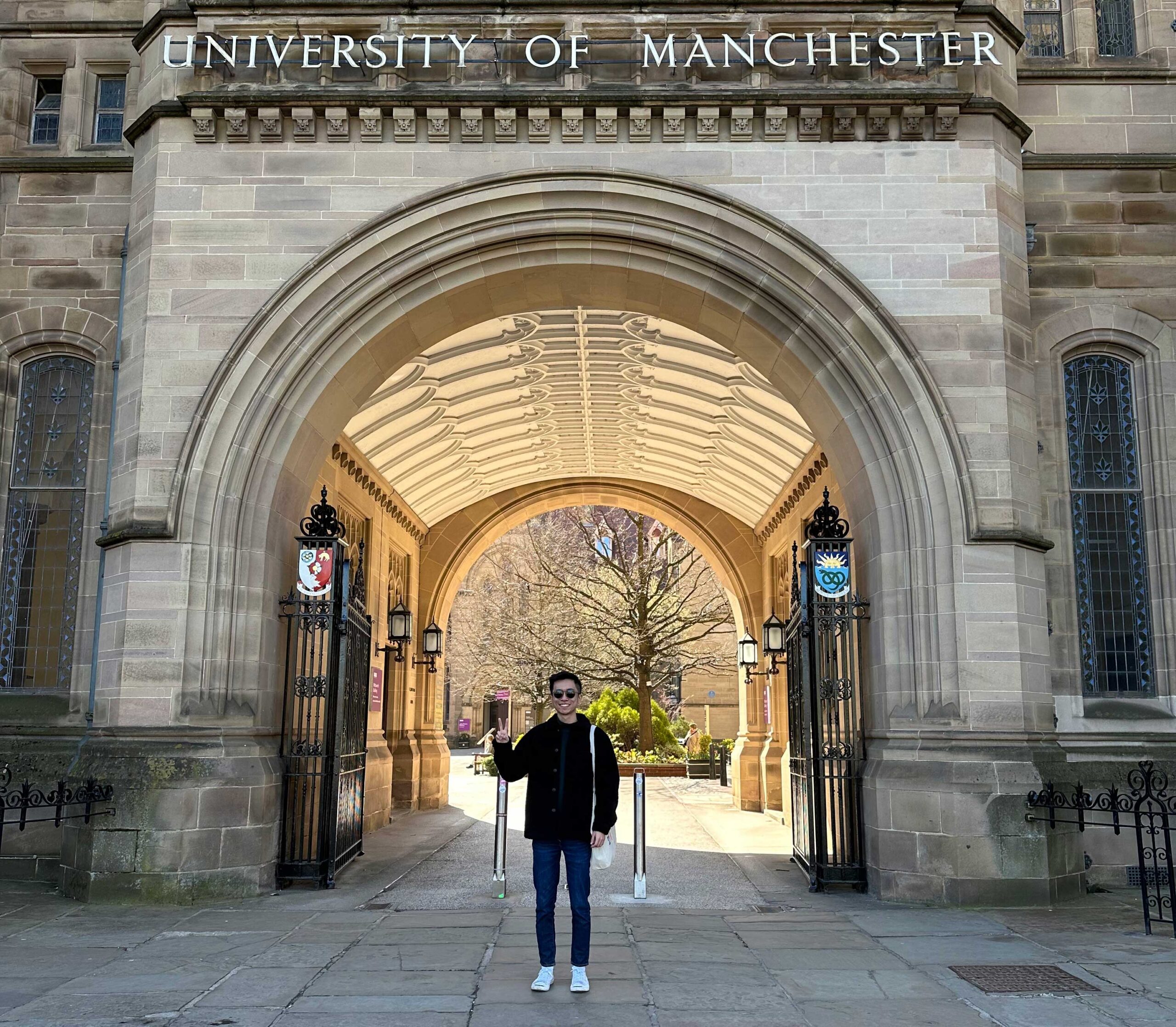
Finally, research at NUS. I am also grateful to have participated in multiple research opportunities in my undergraduate days at NUS. In the summer of 2022, I interned in Associate Professor Dzmitry Matsukevich’s lab at CQT. Prof Dzmitry runs an ion trap lab, and I was able to work with a real-life ion-trap quantum computer! This experience gave me a first-hand insight into the life of scientists and how a lab operates. A year later, I returned to CQT to begin my final-year project, this time with the qcrew group under Assistant Professor Yvonne Gao. Working on a year-long project in superconducting quantum computers at qcrew was challenging but equally, if not more, rewarding. I’m thankful to Prof Yvonne for pushing me to be my best and teaching me countless lessons in research. I am also grateful to the other members of the group, PhD students, and research fellows, for their guidance.
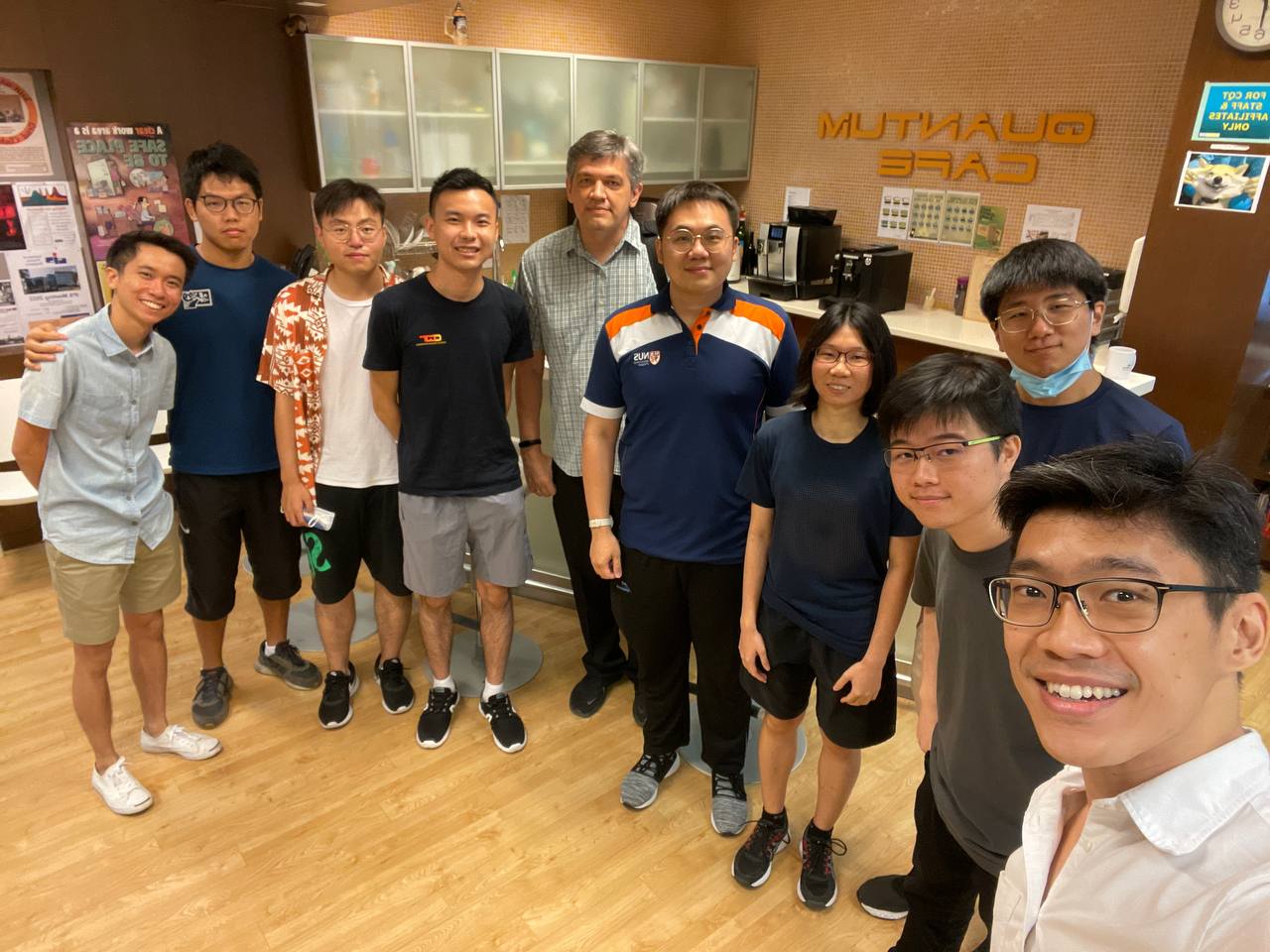
After this, I will continue to pursue my PhD with the Sederberg Photonics Lab at Simon Fraser University in Vancouver, Canada. Pivoting slightly from my past experiences in quantum computing, I am excited to explore the potential applications of attosecond lasers to quantum technology. My dream is to one day be part of research that applies the principles of quantum physics to technology to better society. My experiences with the people and opportunities during these four years at NUS have cemented my love for physics and compelled me to continue down this path of becoming an experimental physicist.
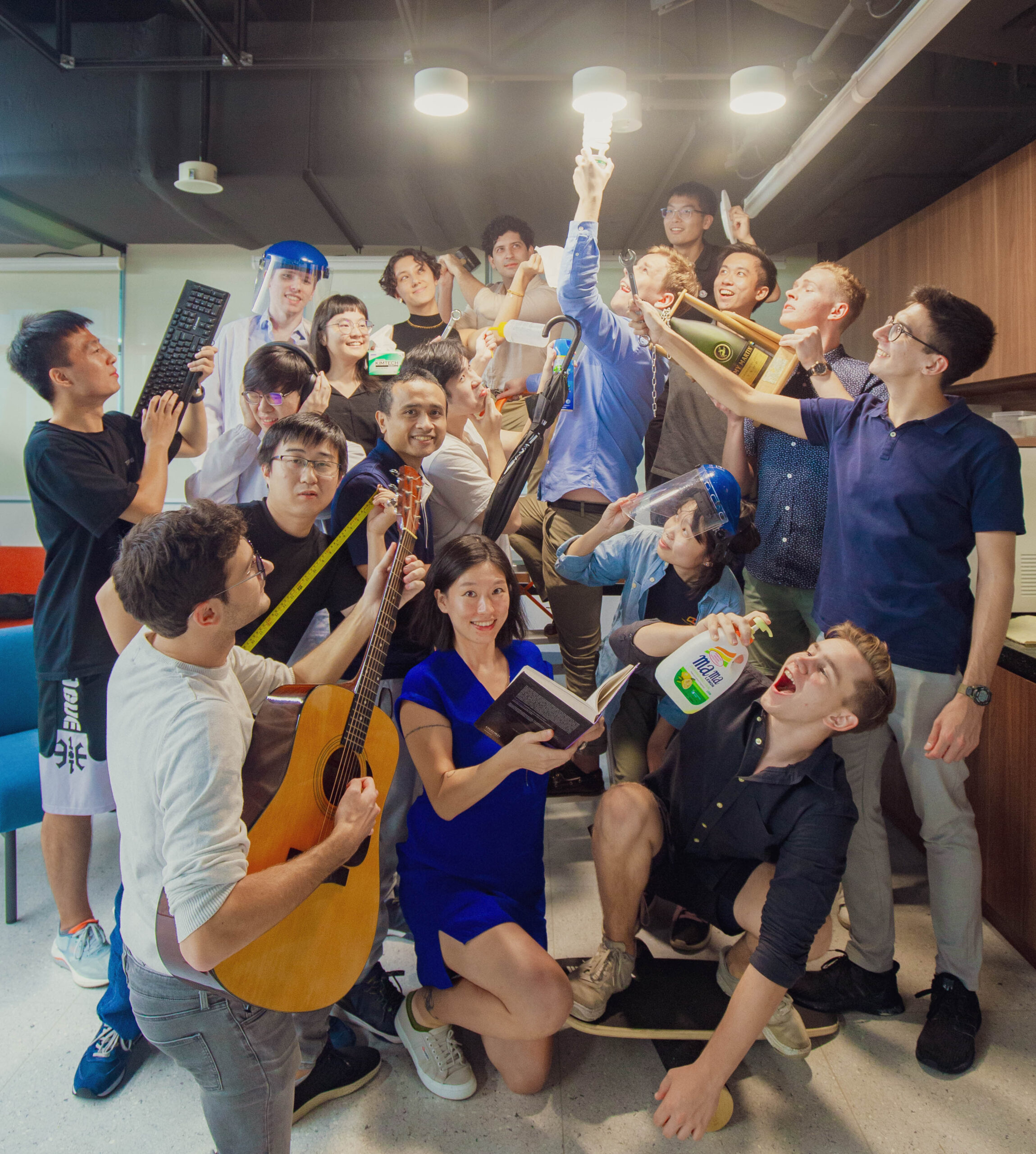
I like to leave you with a quote:
